Results
-
 £26.50
£26.50 -
£26.50
Quality Plus - Jewell, F - Broadbent, D
American style quick march adopted by the old Hammonds Band as its signature tune before it became Yorkshire Building Society Band. Needs to be played way up temp to be effective.3rd section +
In Stock: Estimated dispatch 1-3 working days
-
£60.99
Honneur - Bertrand Moren
This march attempts to portray the role of Honour as a quality of character using highly energetic rhythms and strong melodic lines. The opening themes, together with those developed in the first section, perfectly reflect this significant human quality. A short bridge passage consisting of a series of sonorous chords played by the higher instruments in the band is soon taken up by the lower sections. The main theme appears in the second part of this march and is a melodic duet for Eb soprano cornet and solo cornet.
Estimated dispatch 5-14 working days
-
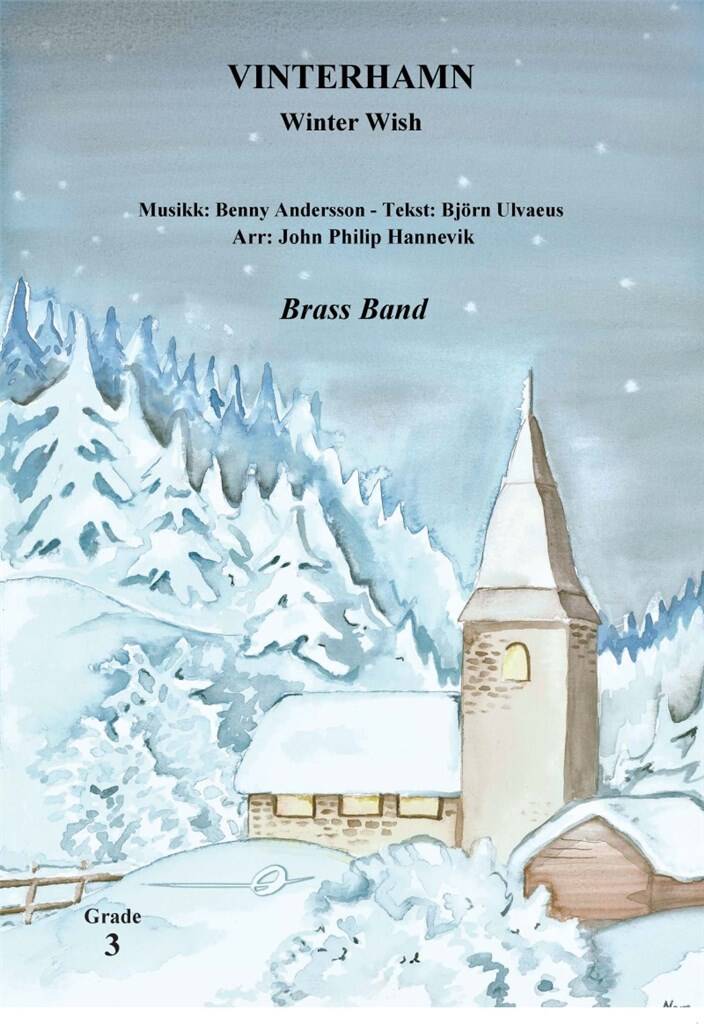 £115.60
£115.60Vinterhamn - Benny Andersson - John Philip Hannevik
This song is written by the incredibly successful duo Benny Andersson and Bjorn Ulvaeus. It became a huge hit in Sweden when recorded by Benny Anderssons Orkester and vocalist Helen Sjoholm in 2012. The melody and lyrics bear their stamp of top quality, and the beautiful simplicity of the tune should make the arrangement popular with most audiences.
Estimated dispatch 5-14 working days
-
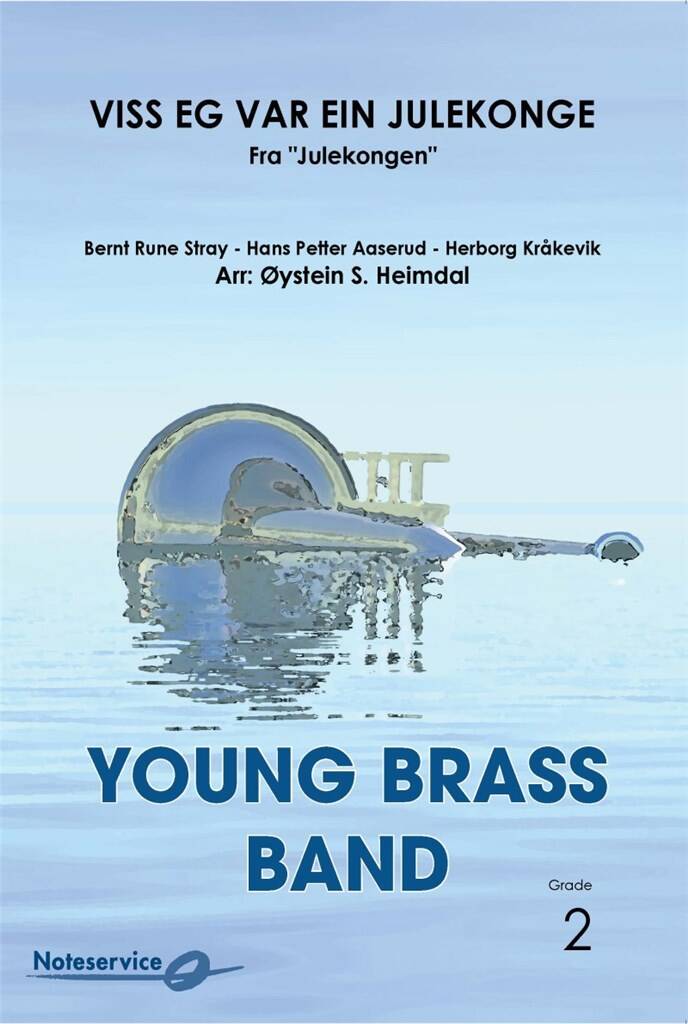 £105.20
£105.20Viss eg var ein julekonge (Fra Julekongen) - Stray - Øystein Sjøvaag Heimdal
This is the theme song from the Advent-series "Julekongen" ("The Chiristmas King"), premiered at the Norwegian Broadcasting Coprporation (NRK) in 2012. The present arrangement tries to recreate a bit of the mood from the original recording and performance of the song. You may let other players perform as soloist(s). The arrangement is suitable to focus on sound quality at all grade levels. You may end the performance at bar 61.
Estimated dispatch 5-14 working days
-
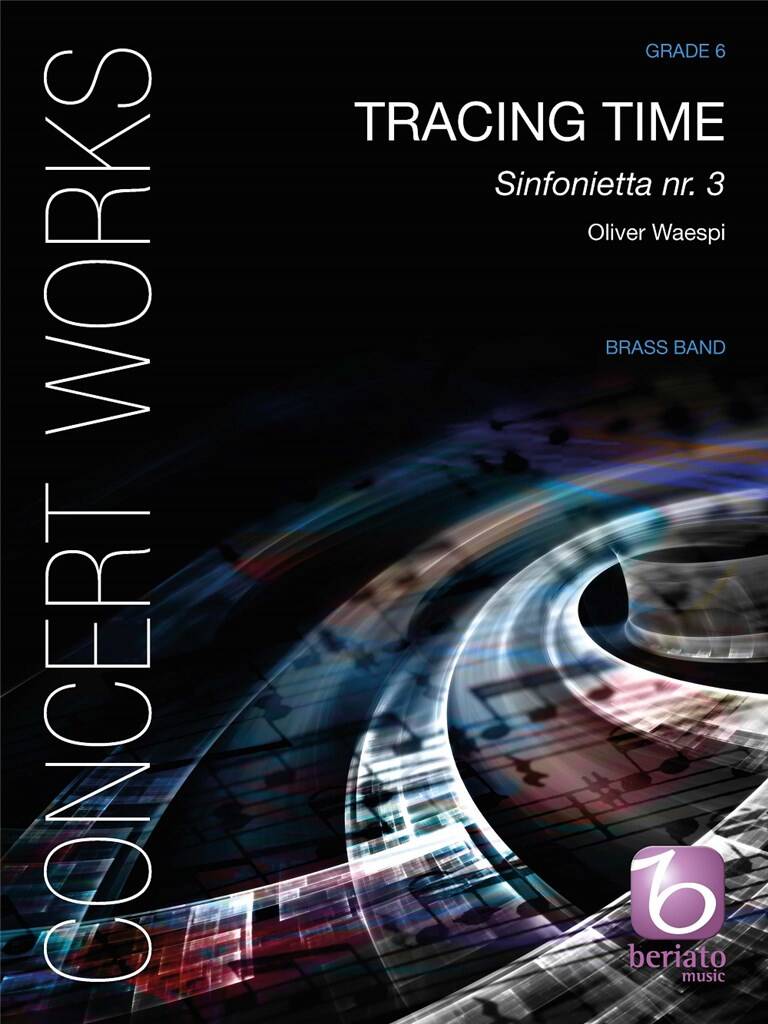 £154.99
£154.99Tracing Time - Oliver Waespi
Tracing Time was commissioned by the WMC Kerkrade Foundation in cooperation with the Foundation of Friends of WMC for the 2017 World Championships in Kerkrade, the Netherlands. The musical material of this piece takes the form of a timeline on an imaginary mental map. This unbroken thread runs through the entire work, continually transformed through numerous sound colours and rhythms. At the same time, the piece takes the shape of a symphonic structure, based on three uninterrupted, linked movements. This work meets all standards of a high quality contest or concert work. It is challenging, spectacular, innovative and overwhelming.
Estimated dispatch 5-14 working days
-
£47.50
Largo - Georg Friedrich Händel - James Curnow
This arrangement of Handels beautiful melody was created as an educational tool for teaching students both the legato (sustained) style and the expressive quality of playing. Though these qualities of performance are not generally considered fun by younger students, compared to playing fast, exciting music with more technical demands, it actually requires a great deal more musical maturity and ability.
Estimated dispatch 5-14 working days
-
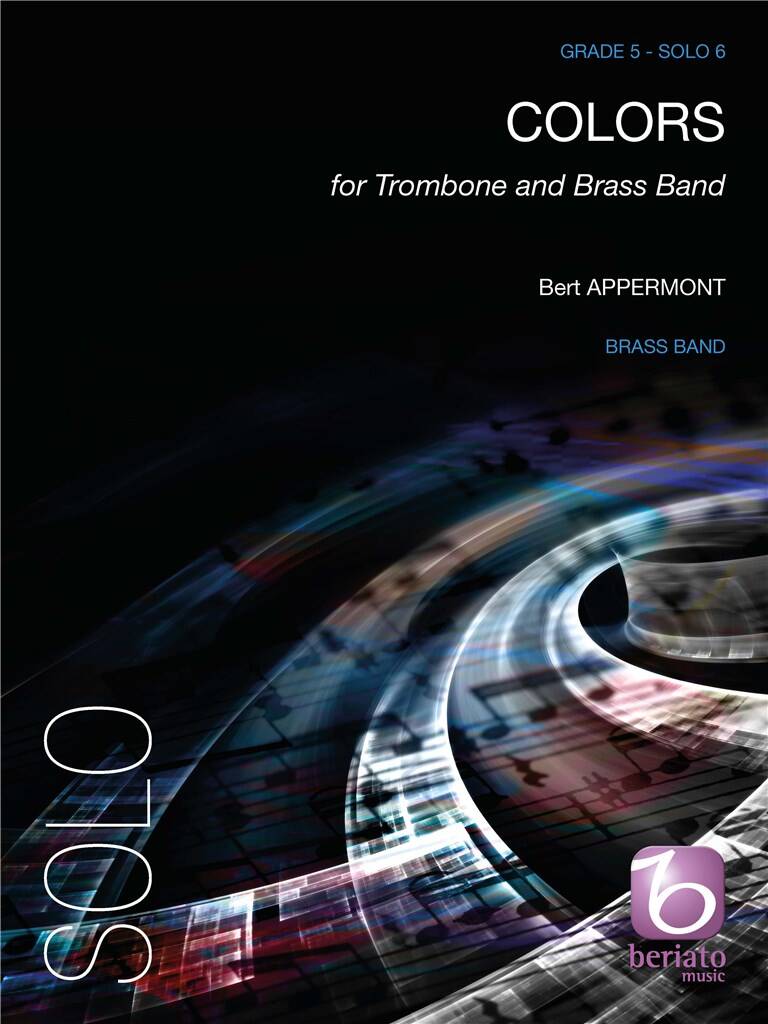 £119.99
£119.99Colors - Bert Appermont
This work was written especially for the Belgian trombonist Ben Haemhouts and was created on Dec. 29, 1998 in Ravels. Colors for trombone is a virtuous composition based on four colors, 'Yellow', 'Red', 'Blue' and 'Green'. Each Color characterizes a typical musical quality. This masterpiece of Bert Appermont is undoubtedly a superb addition to the trombone repertoire!
Estimated dispatch 5-14 working days
-
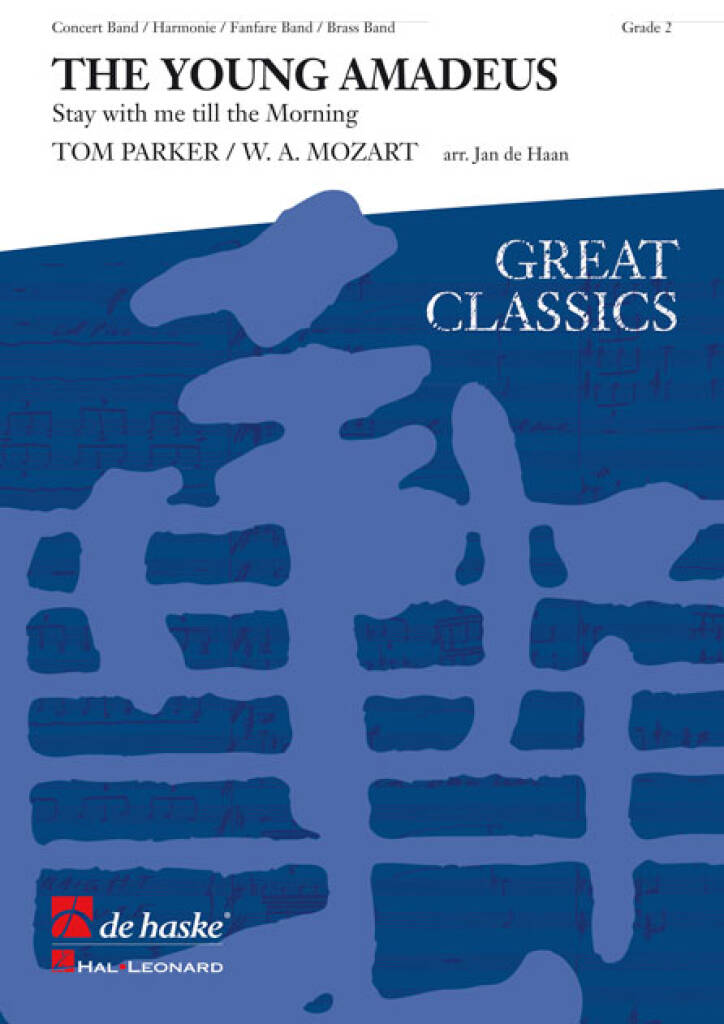 £54.99
£54.99The Young Amadeus - Wolfgang Amadeus Mozart - Jan de Haan
Based on the famous melody from the Adagio movement of the Clarinet Concerto by Wolfgang Amadeus Mozart, this work has a beautiful lyrical quality to it. Compositions of this nature require the ability to play with great expression. The wonderful talent and genius of Mozart is clearly perceptible in this unforgettable melody. Celebrate Mozart's 250th anniversary with this most popular brass band work.
Estimated dispatch 5-14 working days
-
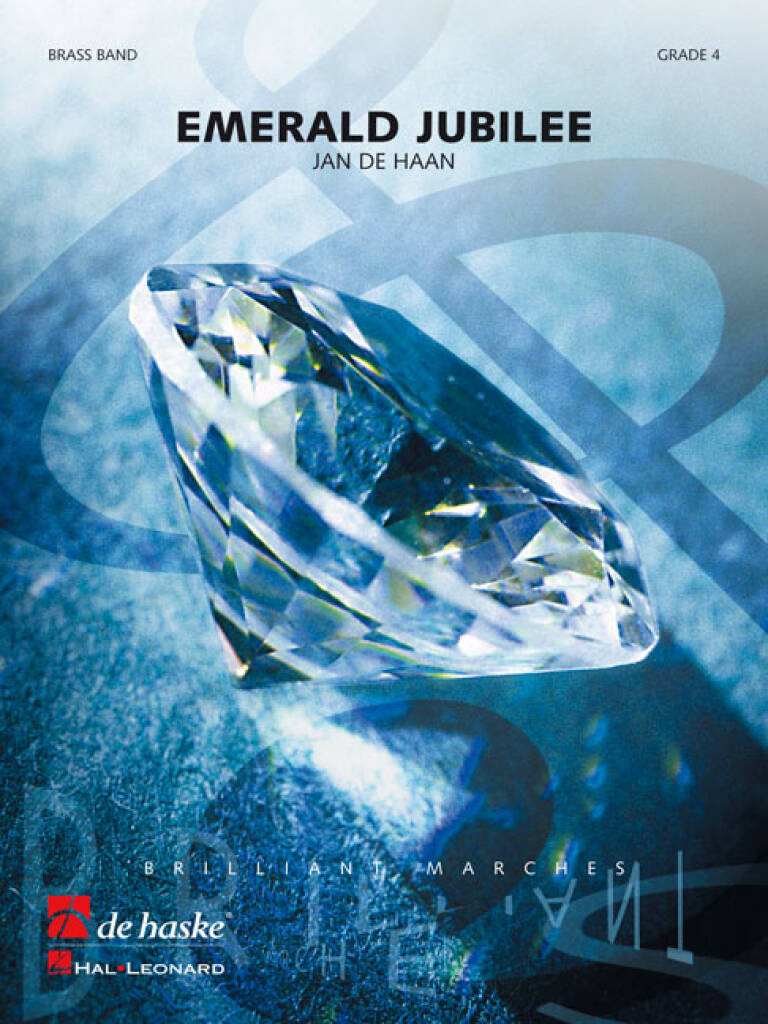 £60.99
£60.99Emerald Jubilee - Jan de Haan
An Emerald Jubilee celebrates a 40th anniversary. Jan de Haan composed this colourfully orchestrated concert march to celebrate Will van der Beek's 40th anniversary as conductor of the Deutsche Musikverein Haaren. As publisher of van der Beek's transcriptions of classical works Jan de Haan can look back on many years of successful collaboration with the knowledge that there will be many more to come. Unusually cast in a minor key, the main theme provides an interesting contrast to the more melodic major key of the second movement. The relatively slow theme gives this march a dignified stately and subdued quality.
Estimated dispatch 5-14 working days
